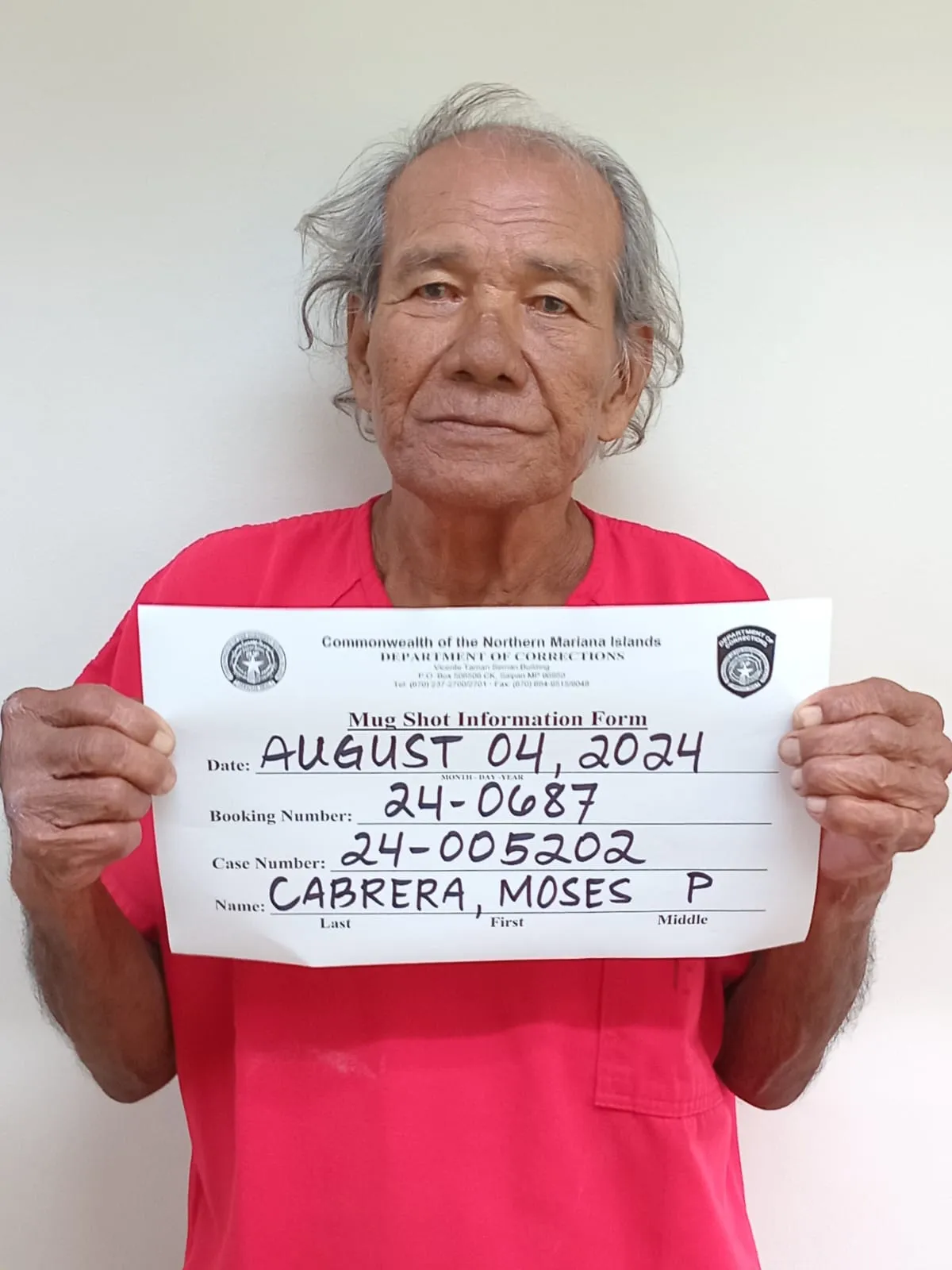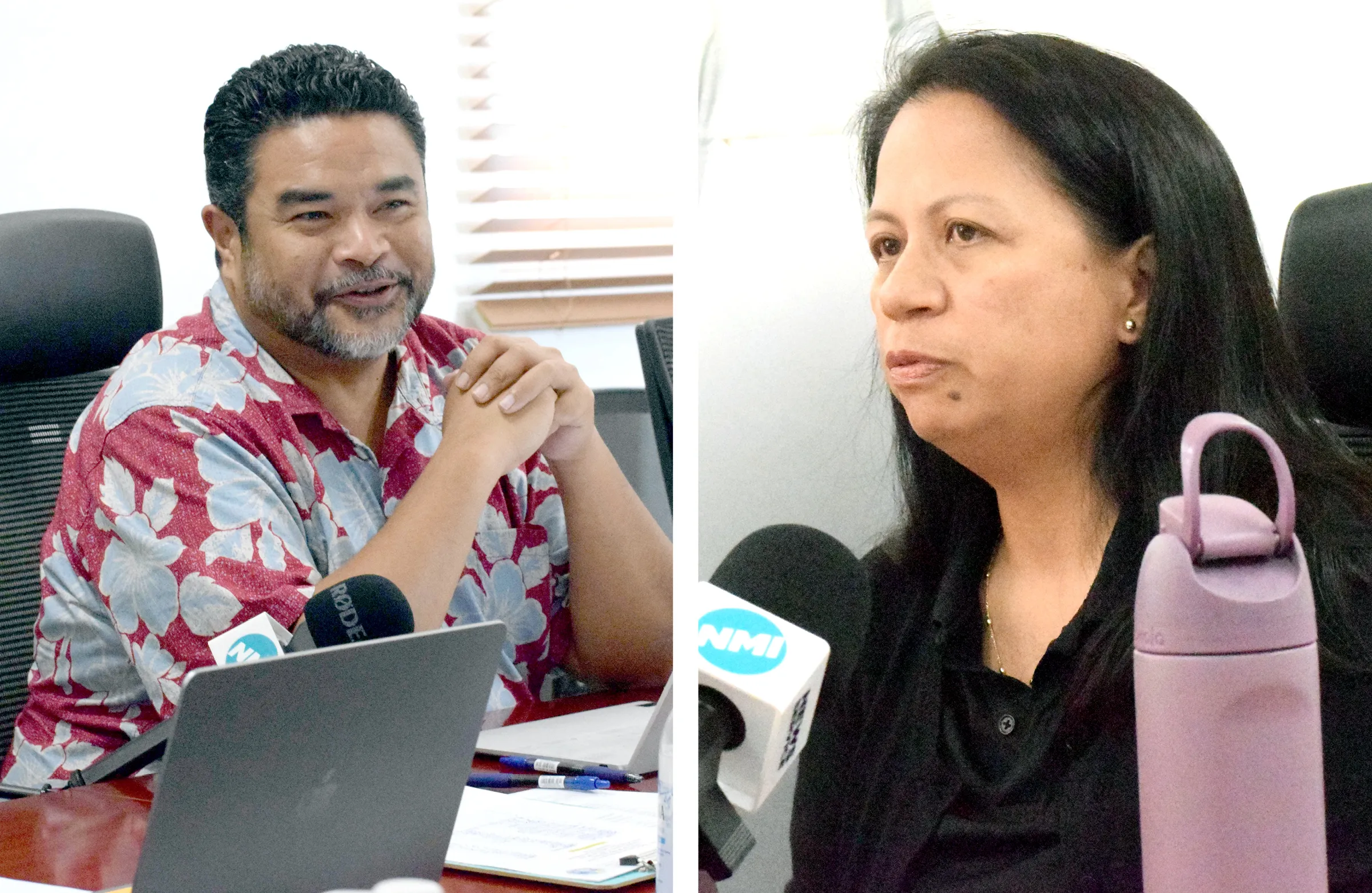IMPERIAL Pacific International, LLC’s motion for judgment should be denied, according to attorney Mark Scoggins who represents Tang’s Corp., which sued IPI for non-payment of $144,623.52.
IPI recently asked the federal court to dismiss with prejudice Tang’s lawsuit, saying that the allegations are “imprecise, uninformative, and conclusory.”
In his opposition to IPI’s motion to dismiss, Scoggins stated that Tang’s has not been given multiple opportunities to state a claim.
He said the lawsuit was originally filed as a petition to compel arbitration and complaint for damages because one of the two agreements on the matter contained an arbitration provision.
At the case management conference on Aug. 13, 2020, Scoggins said the parties informed the court that IPI had agreed to waive the arbitration requirement and allow the case to be heard.
“This was the only reason for the amended complaint…and significant changes to the substantive facts were neither required nor made,” Scoggins added.
He noted that on Dec. 17, 2020, the court dismissed the amended complaint with leave to amend due to insufficiently pled jurisdictional facts.
Then on Dec. 18, 2020, he said, Tang’s filed its second amended complaint “with no changes made to the substantive factual allegations.”
He said, “Given these procedural facts, it is not true as IPI now states or insinuates throughout its brief that plaintiff has tried multiple times to state a claim.”
Scoggins added, “The fact is that IPI could have, and probably should have, if it had really found the factual allegations in Tang’s Corp.’s pleadings to be deficient, brought a 12(b)(6) motion before its first answer. IPI did not because it always understood the nature of the claims, and has been on notice of the claims for nearly a year.”
Scoggins said Tang sufficiently established the existence of a contract.
“IPI had construction debris that needed to be removed and stored. Plaintiff agreed to do that work. Nothing more needs to be said,” the lawyer added.
As to the description of the work to be performed, he said IPI is incorrect — the work was removing and storing the materials.
Scoggins said, “There is no need to allege how it was done as it is immaterial for the purposes of pleading whether the materials were hoisted onto trucks with a crane, loaded onto boats with a forklift, or airlifted out with helicopters.”
Tang’s agreed to remove and store materials, “and the context is clear that it also alleges that it performed in good faith by removing and storing the materials. It’s a simple claim put in simple terms,” Scoggins said.
“IPI didn’t pay and plaintiff is harmed by that,” he added.
“Additional details are not necessary here…. We did work. You didn’t pay. We are harmed by that,” he reiterated.
IPI, through its attorney Kevin Abikoff, filed a memorandum in support of the defendant’s motion for judgment on the pleadings or, in the alternative, summary judgment.
Abikoff said Tang’s claims are legally insufficient and fail to state a claim upon which relief can be granted.
According to the lawsuit, Tang’s Corp. and IPI entered into an agreement in 2016 for the removal of construction debris from the casino resort construction site and storing it for disposal at IPI’s expense.
Tang’s said IPI has failed to pay the amounts owed under the agreement totaling $144,623.52.
The civil complaint is also asking for an order directing IPI to take possession of its property stored at Tang’s or to otherwise provide for its disposal.
In addition, Tang’s wants a mechanic’s lien attached to IPI’s property and an order foreclosing the mechanic’s lien.
According to an online legal dictionary, a mechanic’s lien is a legal claim for unpaid construction work. When a contractor files a mechanic’s lien, the contractor gains a security interest in the home or property.











